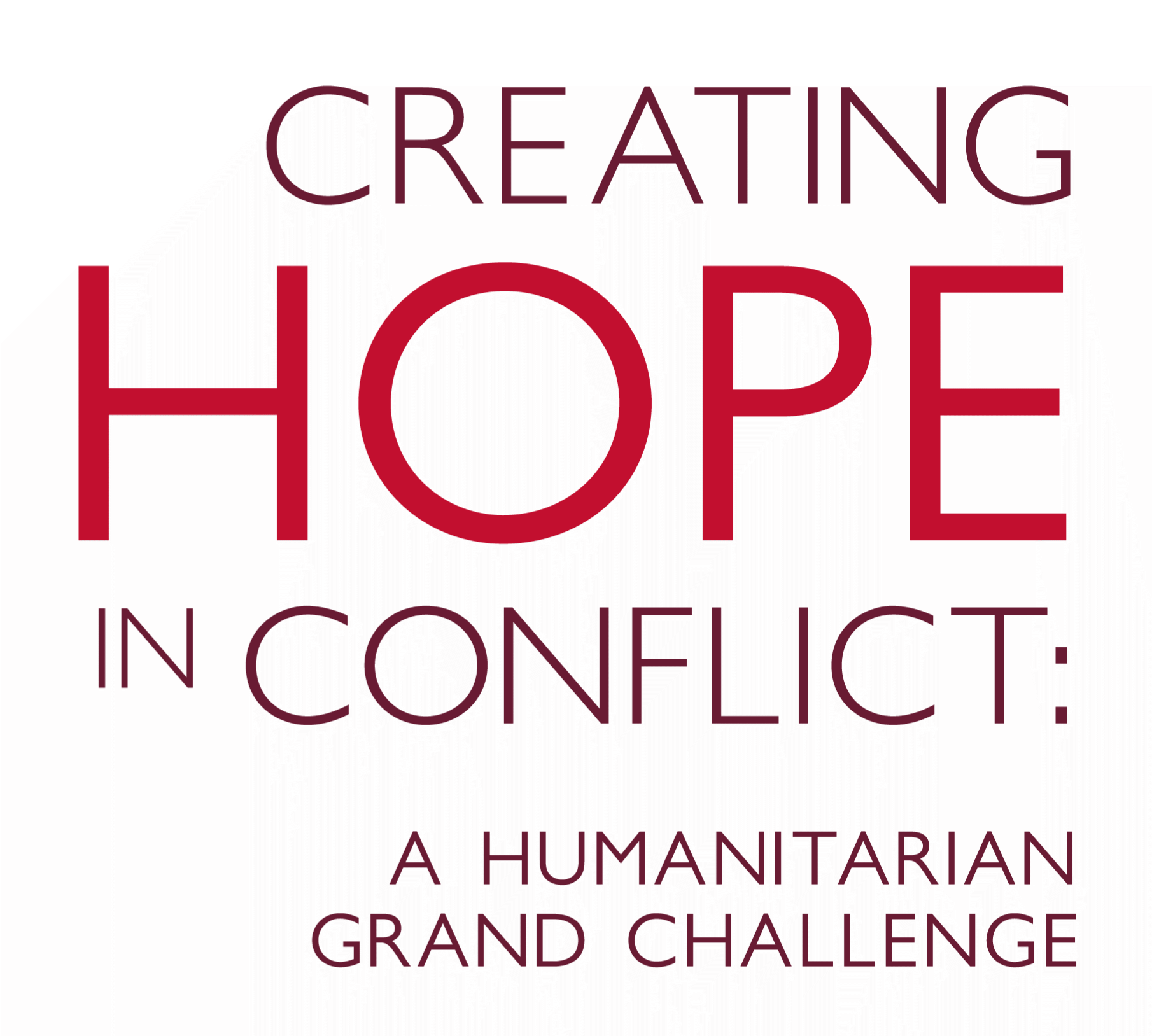Since 2011, the Syrian civil war has so far claimed the lives of at least 400,000 people and left some 2 million people injured. Hospitals and infrastructure are often targeted, precisely when the need for medical assistance is at its peak. As such, two of the biggest problems facing surgical teams are access to the injured during the critical “golden hour” and the challenge of maintaining sterile operating environments in operationally-hostile environments.
These problems are not unique to war-torn Syria. In conflict areas, regions affected by natural disasters, and other austere settings, surgical care is often non-existent. Even when it is available, infections during surgery are much more likely in such environments: up to two-thirds of patients develop deep wound infections, 80% of which result from unsterile intraoperative settings. Infections double risk of death and raise hospital stays and costs, worsening capacity gaps. Nor is the need for surgical care limited to war injuries. Illnesses like appendicitis and gallbladder disease continue to occur during conflicts – but with infrastructures destroyed or nonexistent, simple, fixable diseases kill people or leave them disabled for life.
Today is International Universal Health Care Day, a day dedicated to the idea that everyone, everywhere should have access to quality, affordable health care. As these statistics reflect, one particularly neglected – but solvable – aspect of universal health care is the issue of safe surgery.
Every year, 18 million people die from surgically-treatable conditions such as injuries, postpartum hemorrhage, or hernias. New solutions are direly needed, yet less than 1% of humanitarian aid is focused on innovation investment. On the other side, expanding access to safe surgery to World Health Organization targets would be projected to bring USD $12.3 TRILLION into the global economy by 2030, simply by ensuring people stay alive, healthy, and productive.
In 2018, the Humanitarian Grand Challenge provided funding to a new partner addressing the problem of access to safe surgery in an innovative manner: SurgiBox – an inflatable surgical “mini operating room” that fits into a backpack to enable safe surgeries to be performed anytime, anyplace.

SurgiBox is ultra-portable: It fits into a backpack and weighs 7 kilograms
SurgiBox Founder, Dr. Debbie Lin Teodorescu, developed SurgiBox after hearing her medical school professor describe the hardship of maintaining a sterile surgical environment while swatting away flies during the Haiti post-earthquake crisis. Another professor, Dr. David R. King, who would become SurgiBox’s Surgical Director, noted that when serving in places like Afghanistan, operating using head lamps while kneeling on the ground is just part of the job; but frequent dust storms endangered patients during surgery because dust can infect patients. While brainstorming solutions, Debbie started to question the assumption that the surgical space could only be an operating room. Instead, she chose to focus on the incision itself and the immediate surgical field over the patient.
SurgiBox focuses on the surgical microenvironment. Surgical teams seal a clear plastic bubble to the patient’s skin and operate through ports. The bubble stays clean through a filtered airflow system, and protects the teams from splatters – which infect 85,000 providers yearly.
SurgiBox is now in its 6th generation of development at the MIT D-Lab, and has undergone benchtop and human factors testing. It is ultra-portable, weighing 7 kilograms, allowing immediate deployment in any location. Surgical teams can now be nimble and avoid attracting attacks – an unfortunate disadvantage of the tents, trucks, and other semi-portable structures often used in emergency medicine during humanitarian crises. In addition, unlike semi-portable structures, SurgiBox does not depend on high upfront and maintenance costs and various external factors such as roads, setup time, and physical bulk. Best of all, tests show the SurgiBox sterile field is cleaner than most state-of-art-operating rooms, even in high-particulate settings.
Of course, any single innovation is only as useful as it is used and fits into the global health armamentarium as well as into existing systems. SurgiBox recently entered a co-development cycle with Doctors without Borders Switzerland (MSF). The objective is this partnership is to optimize the product to closely fits the need of the humanitarian sector. In parallel, SurgiBox is collaborating with advisor Dr. Meena Cherian, Emerita lead of the World Health Organization (WHO) Emergency & Essential Surgical Care Program and founder of the Geneva Foundation for Medical Education and Research (GFMER).
We hope that, with the passionate efforts of countless individuals at the Humanitarian Grand Challenge; MSF; GFMER; and numerous other NGOs, academic and medical institutions, health ministries and other sectors of government – that this is the generation when access to safe surgery becomes a universal health care right.
Just as these established powerhouses are critical for advancing this ambitious goal, so too is individual support. We constantly receive kind messages from around the world to [email protected] asking how to learn more and how to help. GFMER free courses such as “Emergency & Surgical Care in Universal Health Care” for those interested in applying evidence-based knowledge to their clinical services, and influencing public health policy and advocacy decision-making. The Lancet Commission on Global Surgery and World Health Organization have assembled lay-friendly policy briefs and information. Grassroots movements from medical schools around the world are providing critical impetus and training. This is the time to exercise our voices to demand that surgery and humanitarian innovation get the resources and attention needed to ensure that, no matter if someone gets sick or injured in Boston or Syria, they can get the lifesaving treatment they need.
SurgiBox is a Humanitarian Grad Challenge supported innovator.
